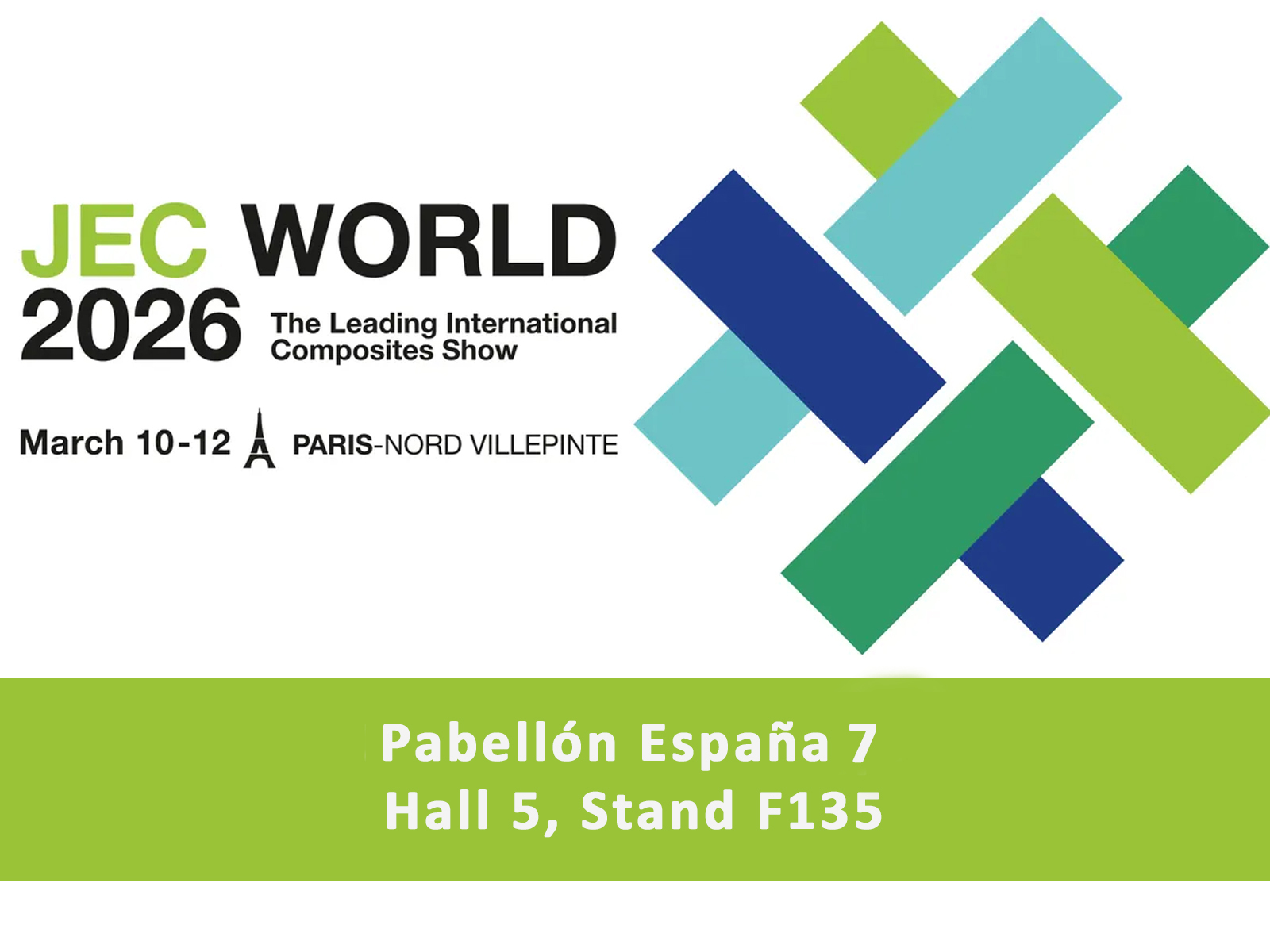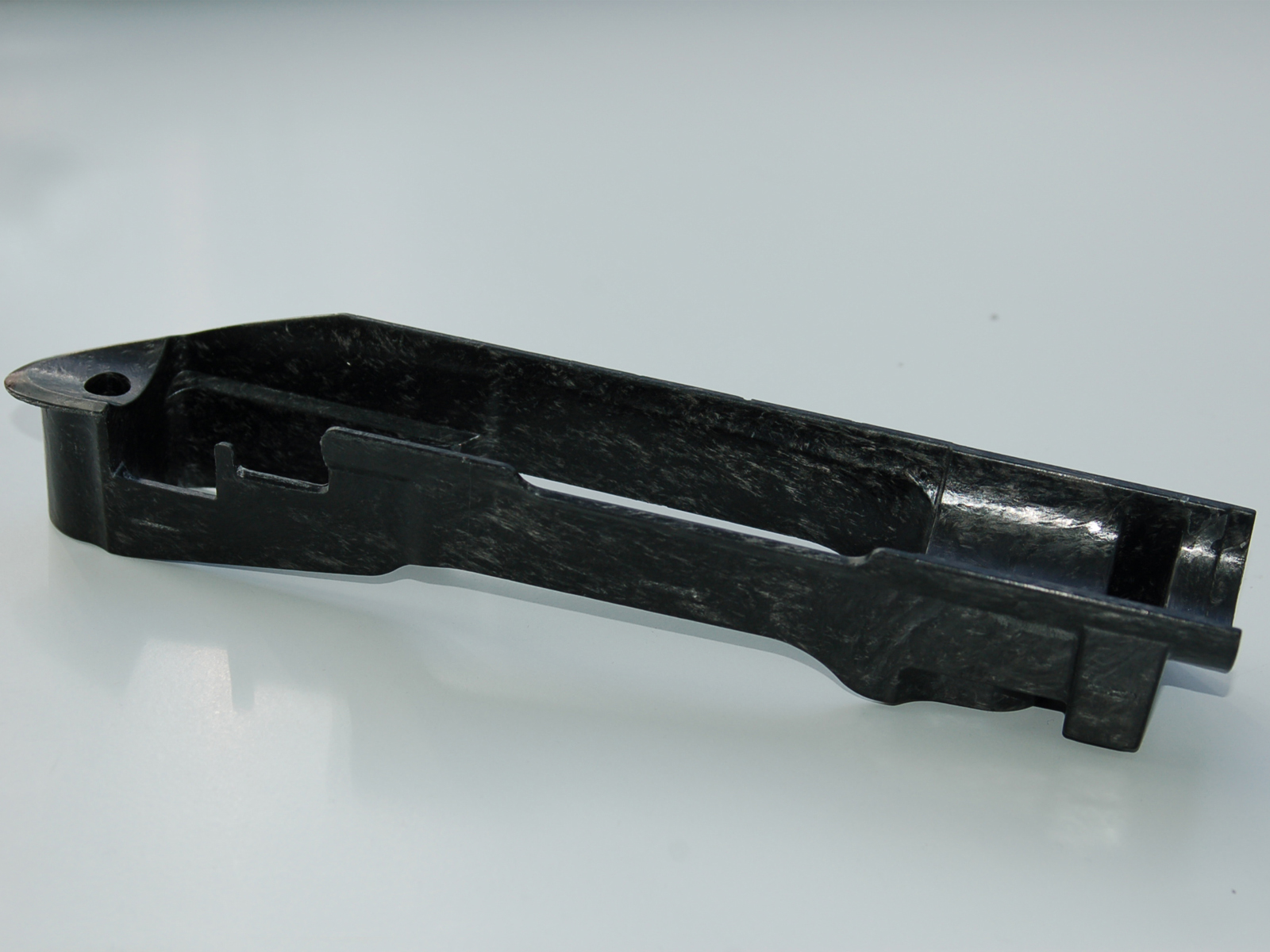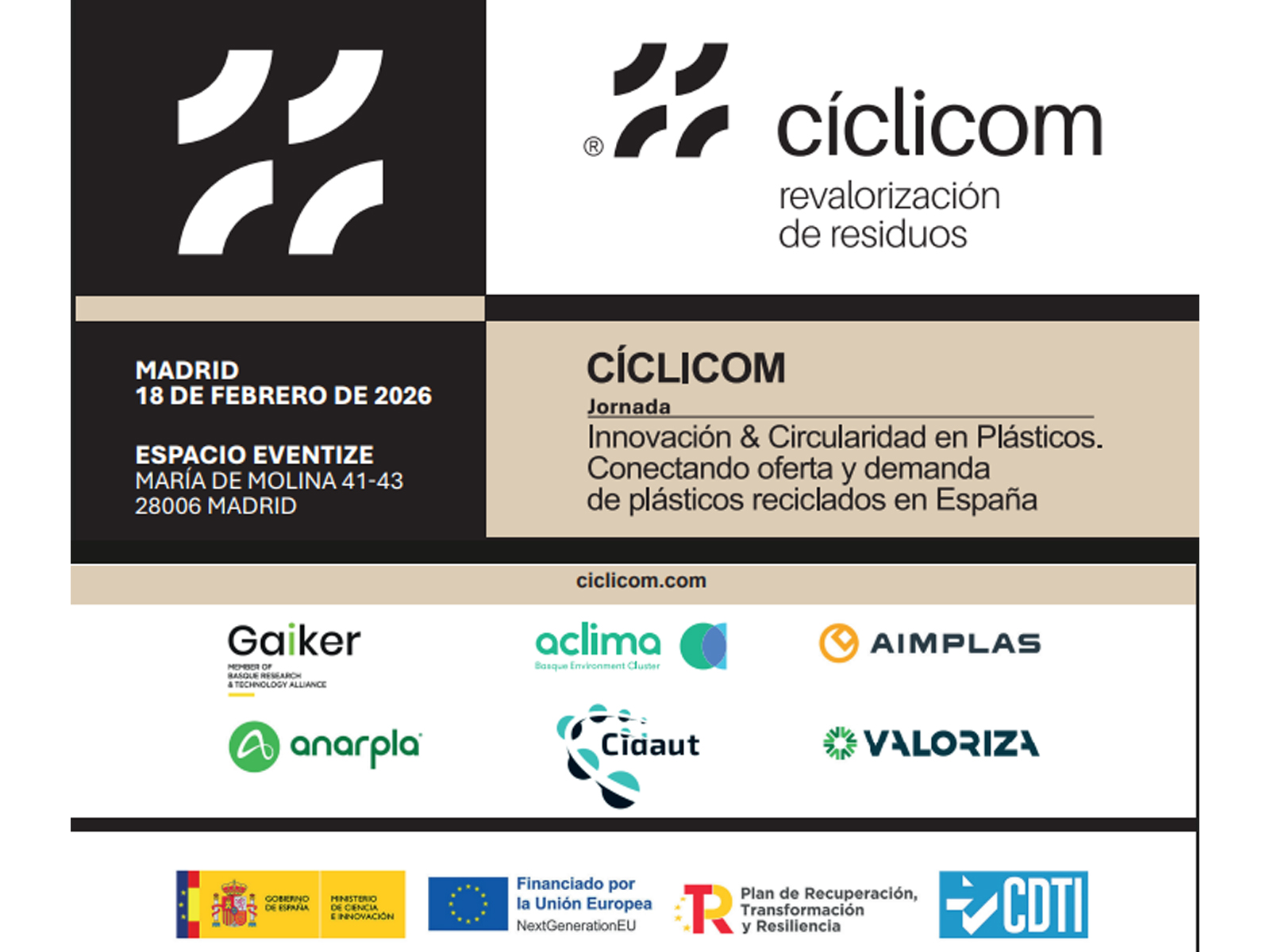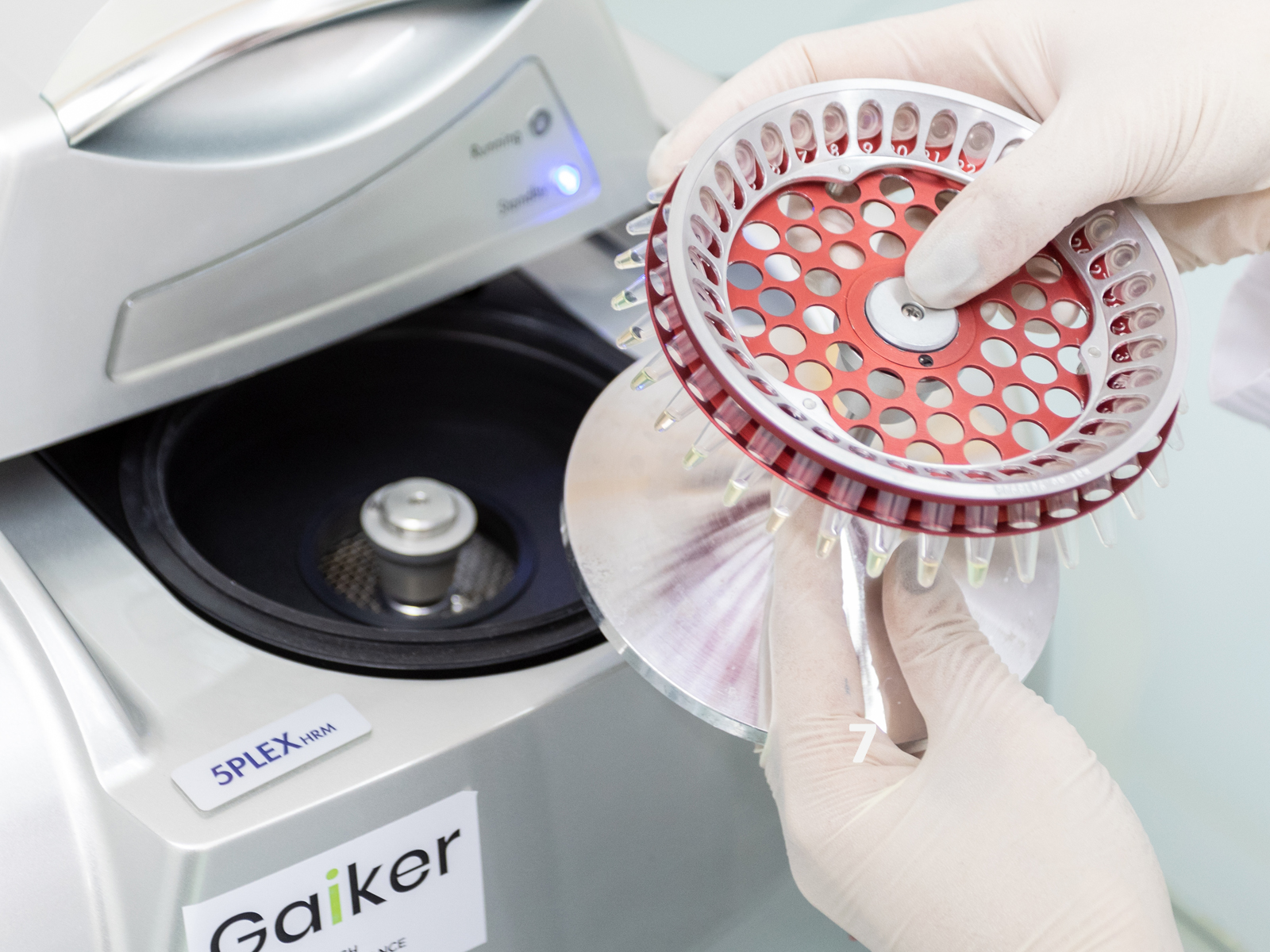The NEOPLAST 2 project defines the procedures to obtain quality products from complex plastic waste through chemical recycling technologies.
The NEOPLAST 2 project, led by the GAIKER Technology Centre, a member of the Basque Research & Technology Alliance, BRTA, was completed last March.
NEOPLAST 2 began in 2023 and sought to carry out research to develop, improve and adapt chemical recycling processes that facilitate the conversion of different plastic waste into high quality resources, capable of fulfilling the specifications required of the most demanding secondary raw material markets. The aim was to generate knowledge to enable the industrial sector to make better, more sustainable and circular use of plastic materials.
Upon its completion, the project has fulfilled its objective. It has been successful in defining procedures to develop products that meet the quality required to be re-integrated into the production cycles in the plastics, chemical and refining industries through chemical recycling based on different complex plastic waste streams, which are currently sent to landfill.
The following results should be highlighted:
• Combination of solvolysis and product purification processes to obtain monomers and precursors to manufacture new polyesters and polyurethanes
• Integration of pyrolysis and separation processes to obtain hydrocarbon fractions for the production of new polyolefins and adsorbent materials.
• Development of two-stage gasification processes to generate hydrogen gas from plastic waste
• Opening up of new process paths, such as bio-recycling, using micro-organisms or enzymes
• Extending the new processes to families of plastic waste that are hardly recycled at present, such as thermoset composites.
On the other hand, it has been possible to verify the environmental improvement as a result of the new chemical recycling processes developed through the life cycle analysis study. The reduction of negative impacts on both people and the natural environment has been confirmed with respect to current landfill practices for complex plastic waste.
NEOPLAST 2 has been funded by the Basque Government, within its ELKARTEK aid programme for fundamental collaborative research (File KK-2023/00060). In addition to the GAIKER Technology Centre, which has acted as coordinator, four other Basque technological actors (the Departments of Chemical Engineering and Chemical and Environmental Engineering at the UPV/EHU, Tecnalia and Polymat) have participated in its success and ensuring that the Basque industrial sector can close the cycles of plastic materials, applying chemical recycling technologies to treat their waste and generate valuable products.

Subsidised by the Basque Government




